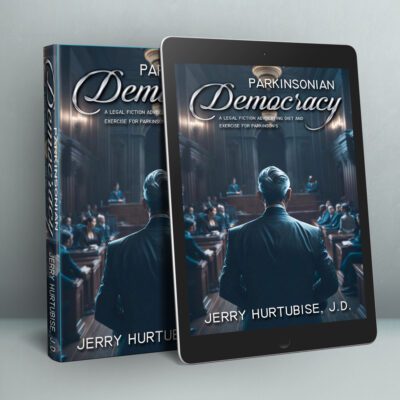You finally did it! You handed off your manuscript, took a deep breath, and waited for the editing magic. But instead of gentle polishing, you received a wave of red ink and a suggestion to cut your favorite chapter. It’s easy to feel a jolt of alarm, but the truth is, it’s okay to disagree with an editor.
This kind of creative conflict is a normal part of the process. Writing is personal, but editing is a collaborative effort. There is bound to be some friction, but it doesn’t mean your book is failing or that your editor is wrong.
Why You Might Disagree With an Editor
Your editor’s job is to support the story you want to tell. Their notes are not personal attacks; they are professional insights designed to strengthen your book. However, even professionals have preferences and blind spots. If something feels off to you, it is absolutely okay to pause and ask questions.
Here’s a guide for how to handle editorial feedback and have a productive conversation.
1. Figure Out Why It Bothers You
Before you respond, take a moment to understand why the suggestion is bothering you. Is it an emotional reaction? Do you feel misunderstood? Or is there a valid structural reason you disagree with an editor?
Ask yourself these questions:
- Does the suggestion fundamentally change your book’s core message or tone?
- Does it fix a problem or create a new one?
- Is the feedback addressing a reader issue you hadn’t noticed?
Gaining clarity on your own feelings and reasoning will make the conversation much easier.
2. Have a Productive Conversation
Disagreements do not need to be confrontational. A respectful discussion with your editor can often uncover the root of the issue and lead to even better solutions. Remember that editors are collaborators, not dictators.
Try this kind of language:
“I’m a little unsure about this change because [reason]. Can we explore another option that keeps the intent but achieves the goal in a different way?”
3. Pick Your Battles and Know When to Let Go
A strong author-editor relationship is built on mutual respect. If the feedback improves the story’s clarity, pacing, or readability—even if it stings a little—it might be worth accepting. However, if a suggestion fundamentally alters the heart of your story or your unique voice, you should stand your ground.
Trust is a two-way street: you trust their professional instincts, and they must trust your creative vision.
4. You Can Say No, But Say It Well
If a suggestion truly doesn’t serve your book, you are allowed to decline it. Just be clear and courteous in your response.
For example:
“I’ve decided to keep this section as-is because it supports the emotional arc I’m building. I appreciate the suggestion, though—it helped me strengthen the surrounding material.”
Pro Tip: For another trusted perspective on the author-editor relationship, Jane Friedman offers valuable insights on her blog about how to navigate these conversations and find common ground.
What If the Creative Conflict Can’t Be Resolved?
In rare cases, an author-editor relationship just doesn’t work. Perhaps your creative visions clash, or the communication style doesn’t fit. If repeated misalignment occurs, it is okay to end the partnership and seek a different editor who is a better fit for your goals. It is better to find a partner who understands your vision than to force a fit that dulls your voice.
Remember, a healthy creative conflict can lead to breakthroughs when both sides are open, honest, and focused on the success of the story. Editing will help you build something stronger, together.
A strong author-editor relationship starts with finding the right person. If you’re still in the hiring phase, check out our articles on how to find a book editor and what to expect when you’re working with one.







